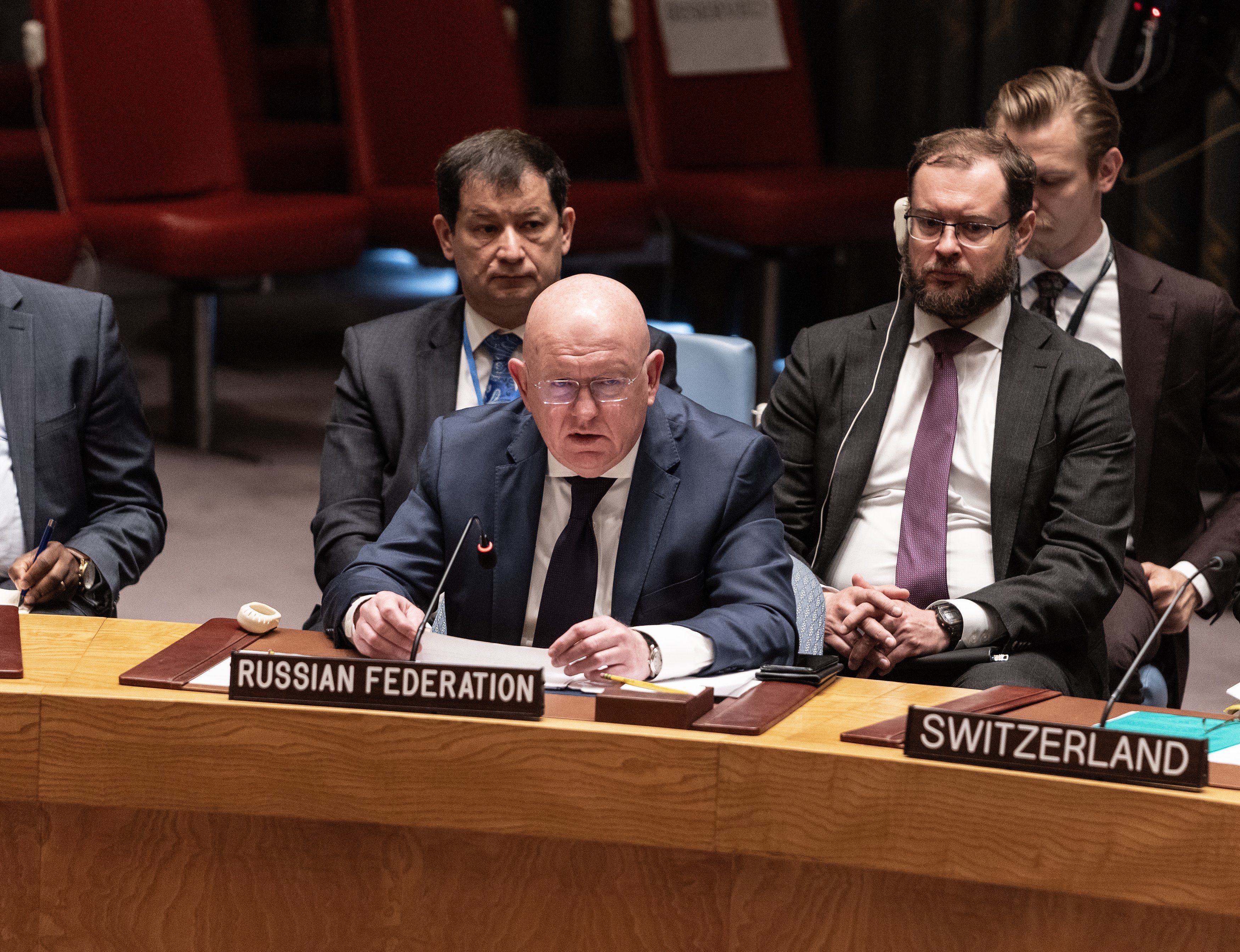Russia has voted down a UN Security Council resolution that would have extended a land border crossing needed to deliver crucial humanitarian aid from Turkey into northwestern Syria.
The Bab al-Hawa crossing is used by UN aid convoys to cross into Syria and is the main lifeline for around 4.5 million Syrians, many of whom have been displaced from other parts of the country during the brutal civil war that broke out a decade ago. (The UN says it has been providing aid to a whopping 2.7 million Syrians a month there.)
What happened? Russia was backed by China in refusing to extend the aid deal for another 12 months, joining Syria’s Bashar Assad – a close ally of the Kremlin also known as “The Butcher” for waging a brutal war on his own people – in saying that all aid should flow through Damascus, the capital. Assad has long claimed that using Bab al-Hawa violates Syrian sovereignty.
For more on why Russia is such a strong backer of the Assad regime, see our feature here.
But the other permanent members of the Security Council – the US, UK, and France – don’t trust that Assad would actually deliver and administer aid to civilians in the northwest, which is governed by Sunni Islamist rebels that have been trying to drive him from power for the past decade.
The timing is dire: It comes after a massive earthquake in February pummeled southern Turkey and northern Syria, further hampering civilians’ access to food, water, and medicine. While two previously-closed crossings from Turkey were temporarily reopened after the tragedy, they also expire next month. And even if they were to remain open, Bab-al Hawra accounts for a whopping 85% of aid deliveries into the northern part of the country.